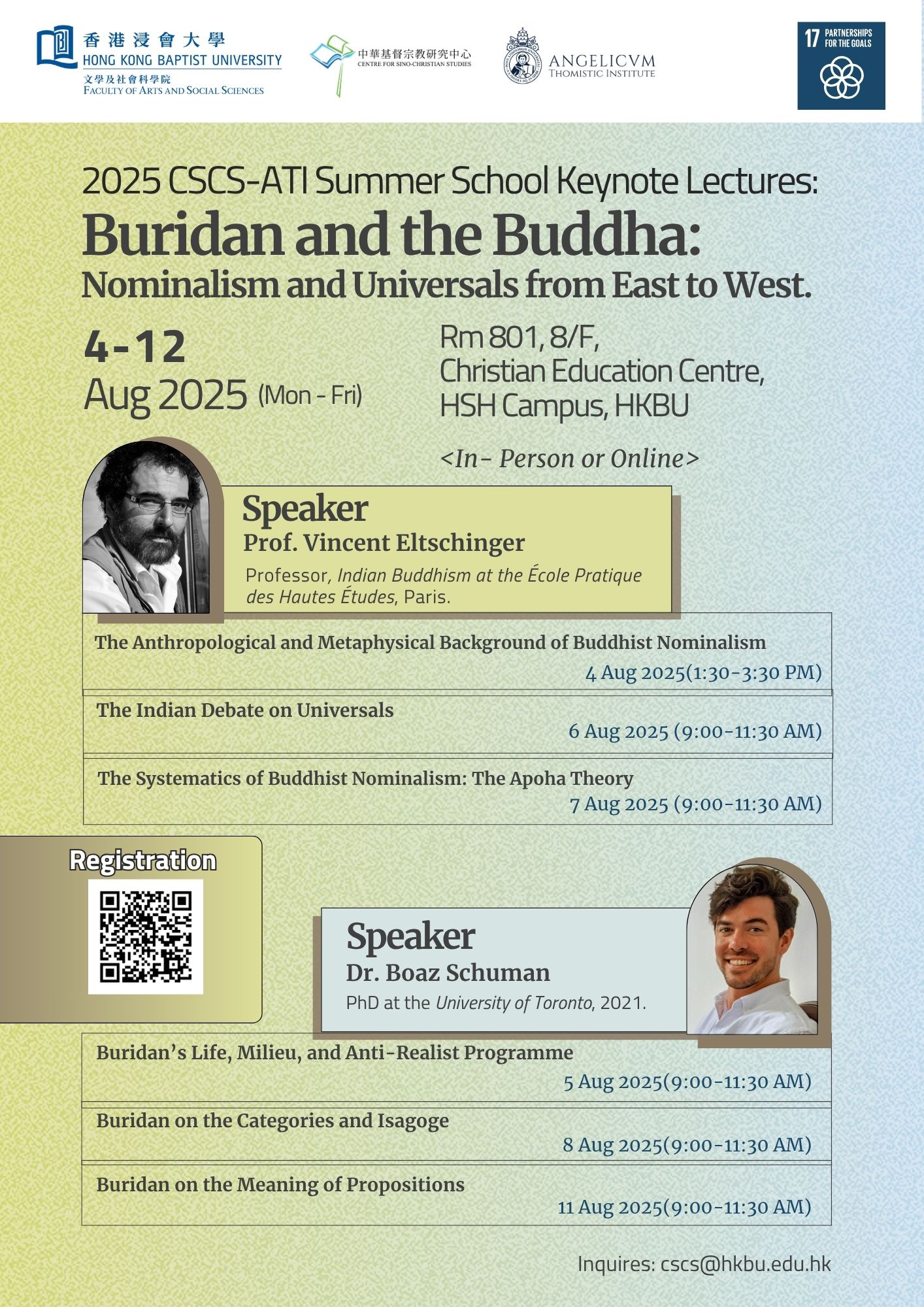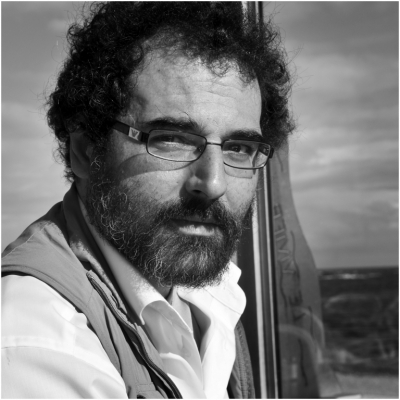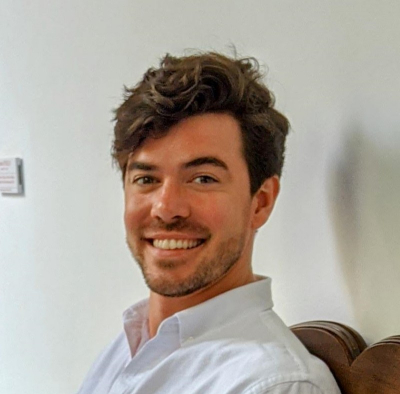Time
9:30-17:45 (HKT)
Date
August 4-12, 2025 (Mon - Fri)
Location
CEC 801 (Rm 801, Christian Education Centre, HSH Campus, HKBU)
Co-leaders
Prof. Vincent Eltschinger(Ecole Pratique des Hautes Études, Paris) and Dr. Boaz Schuman (KU Leuven)
Summer School
We are pleased to announce that the morning keynote lectures at the 2025 CSCS-ATI Summer School will be open to the public, as well as to all HKBU students and staff. This is a special opportunity to engage with the two distinguished scholars.
Participation Mode: In-person or Online (Details of the venue will be announced at a later date.)
Fee: No participation fee required.
Lectures Period: 4-8, and 11 August, 2025
Venue: CEC 801 (Rm 801, Christian Education Centre, HSH Campus, HKBU)


4 Aug 2025 (1:30-3:30 PM)
The Anthropological and Metaphysical Background of Buddhist Nominalism
Speaker: Prof. Vincent Eltschinger
5 Aug 2025 (9:00-11:30 AM)
Buridan’s Life, Milieu, and Anti-Realist Programme
Speaker: Dr. Boaz Schuman
6 Aug 2025 (9:00-11:30 AM)
The Indian Debate on Universals
Speaker: Prof. Vincent Eltschinger
7 Aug 2025 (9:00-11:30 AM)
The Systematics of Buddhist Nominalism: The Apoha Theory
Speaker: Prof. Vincent Eltschinger
8 Aug 2025 (9:00-11:30 AM)
Buridan on the Categories and Isagoge
Speaker: Dr. Boaz Schuman
11 Aug 2025 (9:00-11:30 AM)
Buridan on the Meaning of Propositions
Speaker: Dr. Boaz Schuman
..............................................................................................................................................................................................................................................................................................................................
.......................................................................................................................................................................................................................................................................................................................
CSCS-ATI Summer School Purpose and Aims: To acquaint scholars of Asian philosophical traditions with scholastic thought, both in its original sources and in contemporary discussions incorporating appeal to scholastic philosophy, as well as to acquaint those interested in scholastic thought with Asian philosophical tradition in the same way.


Vincent Eltschinger(1970; PhD, Lausanne, 2003) is a professor of Indian Buddhism at the École Pratique des Hautes Études, Paris.He specializes in late Buddhist philosophy, focusing on its polemical interactions with orthodox Brahmanism and its religious and dogmatic contexts. His extensive work centers on Dharmakīrti and his successors’ philosophy of language, semantics, and noetics. Eltschinger has authored numerous monographs and articles, including Caste and Buddhist Philosophy (Delhi, 2012), Buddhist Epistemology as Apologetics (Vienna, 2014), and with Isabelle Ratié, Qu’est-ce que la philosophie indienne? (Paris, 2023). He is also a co-editor of Brill’s Encyclopedia of Buddhism.


Boaz Faraday Schuman got his PhD at the University of Toronto (2021), where he wrote a dissertation on the logic of John Buridan, under the supervision of Peter King. Overall, Boaz’s primary focus is philosophical logic, though he has also published research on educational theory, Indo-European linguistics, and the philosophy of humor. Previously, Boaz has worked at the University of Copenhagen, and held visiting positions at the University of Auckland, and Trinity College, Cambridge. Boaz is currently a postdoctoral researcher at KU Leuven, where he has a project on reductio proof, funded by the Research Foundation – Flanders (FWO).
This seminar is intended to introduce graduate students to Buddhist and Scholastic perspectives on the problem of universals, both in its general metaphysical character as regards debates about nominalism in East and West, as well as in its connection with logic, theology, or other issues in philosophy of science, ethics, philosophical anthropology, etc. Universals are contrasted with particulars as what those particulars can have in common, such as ‘humanity’ or various other properties. Many metaphysical problems arise when attempting to clarify what such universal terms refer to, whether and in what way universals themselves exist, and how universals relate to particulars.
Questions regarding universals were central to debates about the viability of Buddhist metaphysics in the East as well as to many debates in later medieval Scholasticism. Nominalism about universals involves a complicated family of positions, and the denial of the ‘reality’ of universals can deeply impact questions in many other areas of philosophy, including logic (as the Buddhists debated extensively with other Indian thinkers) or ethics (e.g., whether ethical norms can be derived from facts about human nature). In the late medieval context, nominalists had significant challenges in developing an orthodox Christian theology of the Trinity (the Persons of the Trinity share numerically one nature) or of the redemption of humanity by Christ’s sacrifice (having redeemed all mankind by assuming numerically one human nature).
There has been a notable lack of attention to the way that Eastern and Western metaphysics have significant areas of overlap in their traditions around the problem of universals and its related issues. This seminar aims to remedy this fact by drawing together experts in Buddhist and medieval nominalism, providing a basic introduction to both traditions and to their metaphysical perspectives.
Presenting applicants will be required to fulfill a list of application requirements, including:
Fill in the “Registration Form for Applicants”(https://hkbu.questionpro.com/t/AbSHmZ5Oty).
Applicantsare also invited to the CSCS-organized Inaugural Conference of ASPR (Aug 13-15, 2025) [Call for paper Deadline: 31st March] (rel.hkbu.edu.hk/activities/aspr-inaugural-conference-challenges-to-religious-worldviews-east-west-dialogue )
MA / BA Observers will not participate in discussions, and they are not required to write and present a paper during the Summer School. For those who successfully applied for the role will receive a stipend.
MA / BA students who would like to apply for the MA / BA Observer position will be required to fulfill a list of application requirements, including:
Please direct any further questions to cscs@hkbu.edu.hk.